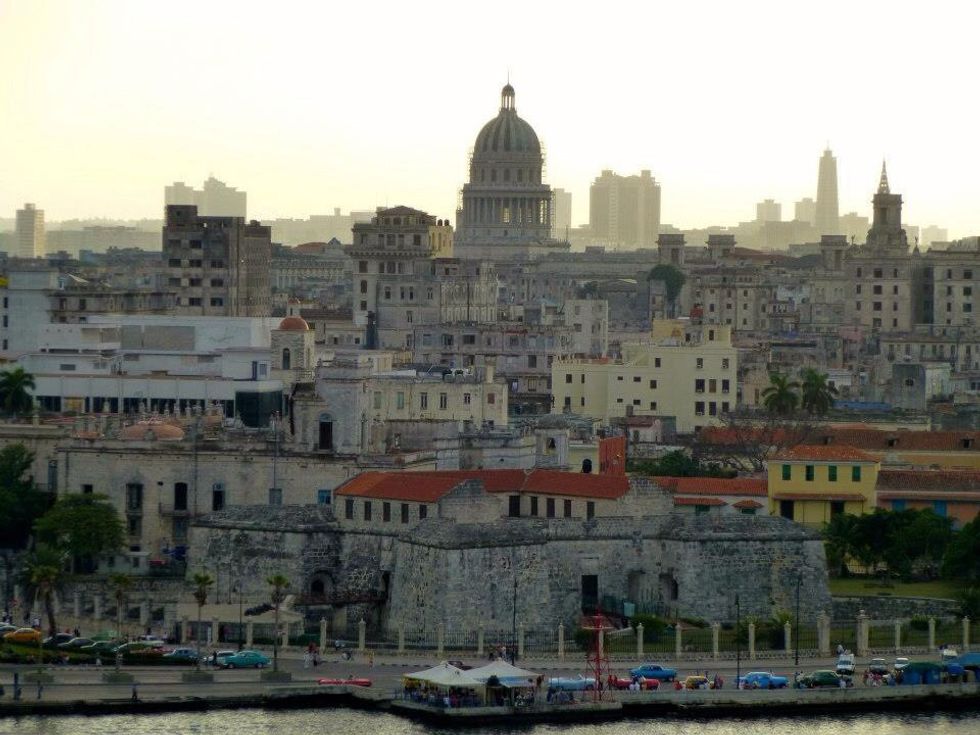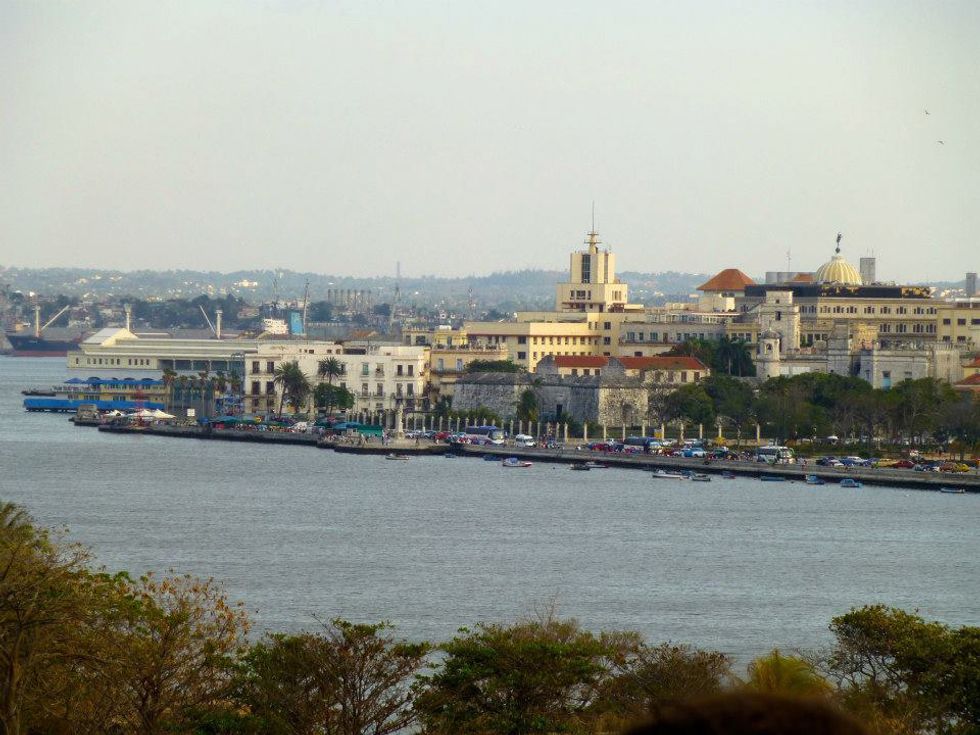It has been nearly 60 years since Fidel Castro took power during the Cuban Revolution in 1958, shortly after which the United States implemented the enduring embargo against the island nation, which is a mere 90 miles off the coast of the Florida Keys. On March 20, 2016, President Barack Obama landed in Havana, marking the end of decades of estrangement between the neighboring countries. Cuba is an incredible place, with an extensive historical background and a rich culture. It is not a nation full of monsters, but rather a country full of people that are interested in sharing their lives and identities with American citizens.
Recommended for you
Despite what many Americans believe, Cuba is not struggling to stay afloat without the aid of the United States. They are a thriving nation with widespread education and a bustling tourism industry that employs approximately 60 percent of the nation's workforce. This does not mean, however, that things would not be simplified if Cuba had the option of trading goods with the U.S. In fact, the opening of trade and business between the two countries would be mutually beneficial and would allow Cuban citizens to have access to American goods that they currently have a shortage of, and vice versa. In addition, the collaboration of brilliant minds in both countries, especially in the medical field, that could occur without travel restrictions could be astronomical in the search for cures for many diseases and the development of new medicines.
The United States and its citizens should not assume that Cuba "needs" us to survive. In fact, they have done quite well for themselves despite having to go many extra miles to access goods that we could be trading to them instead. The American economy is taking a hit from the outdated embargo that is maintaining the unnecessary tension between the two nations, and allowing an attitude to persist among Americans that Cubans dislike them and have no interest in building new relationships with Americans. This negative sentiment should be abolished and new relationships should endure in the coming years.
While it is all very new and exciting that the U.S. government is working on relations with Cuba, history should be a lesson to America that we cannot overstep our welcome in Cuba's economy. We cannot allow Americans to own and control such a large portion of Cuban land and industry. A huge contributing factor to the Revolution was the major presence in and control of the Cuban economy by the U.S., and the unequal relationship between the two countries because of it. In order to do it right this time, we need to build and equal economic and cultural relationship between the two countries that will ensure that no such occurrence ever happens again.






















